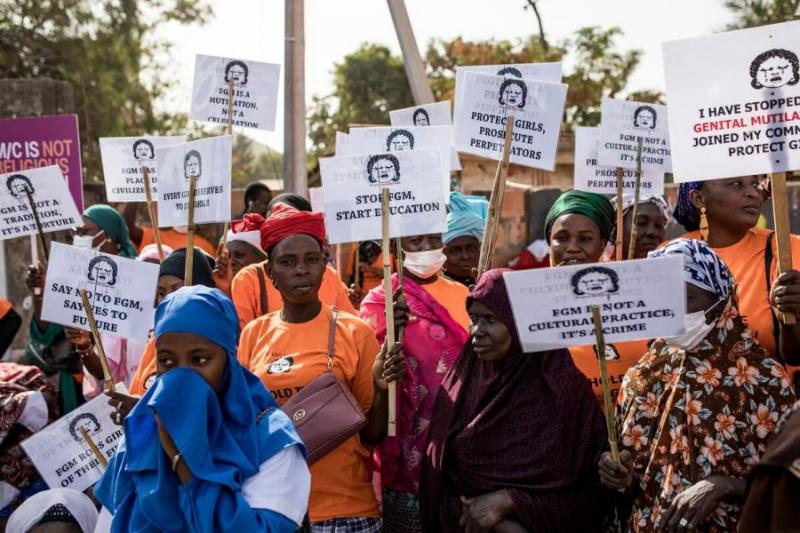Gambiaj.com – (BANJUL) – The Gambia is currently embroiled in a national debate regarding the practice of Female Genital Mutilation/Circumcision (FGM/C), with discussions intensifying following the passage of a bill seeking to repeal the ban on FGM. Amidst this debate, a group of expert gynaecologists and doctors specializing in women’s health have issued a public statement urging the National Assembly to maintain the current laws prohibiting FGM.
In their statement, the experts emphasized the importance of evidence-based medicine in understanding and addressing the issue of FGM. They highlighted the significant risks and harms associated with the practice, particularly when performed by individuals without formal medical training and in settings lacking basic health and safety protocols.
The experts outlined the immediate and long-term complications of FGM, including bleeding, injury to vital organs, infection, genital scarring, neuromas of the clitoris causing severe pain, and psychological problems such as anxiety and post-traumatic stress disorder. They also addressed arguments advocating for the practice of type 1A FGM (cordectomy or removal of the prepuce) within the healthcare system, emphasizing the lack of robust research supporting its benefits and the substantial medical risks involved.
Furthermore, the experts expressed concerns about the strain that the practice of cordectomy in public health facilities would place on the already burdened healthcare system, potentially leading to harm in the long run.
The statement was endorsed by a number of senior consultants and specialists in gynaecology, including Dr. Patrick Idoko, Dr. Hassan Azadeh, Dr. Mustapha Bittaye, Dr. Matthew Anyanwu, Dr. Jose Green Harris, Dr. Awa Jah, Dr. Fatoumata Jarjusey, Dr. Kebba Gassama, Dr. Dado Jabbie, Dr. Barrister Babanding Daffeh, Dr. Lucas Jatta, Dr. Elizabeth Innis, and Dr. Awa Sanyang.
The experts’ statement adds an important voice to the ongoing debate in The Gambia, highlighting the need to prioritize the health and well-being of women and girls by upholding laws prohibiting FGM. As the bill progresses through the legislative process, the experts’ call for evidence-based decision-making is likely to play a crucial role in shaping the outcome of this contentious issue.










